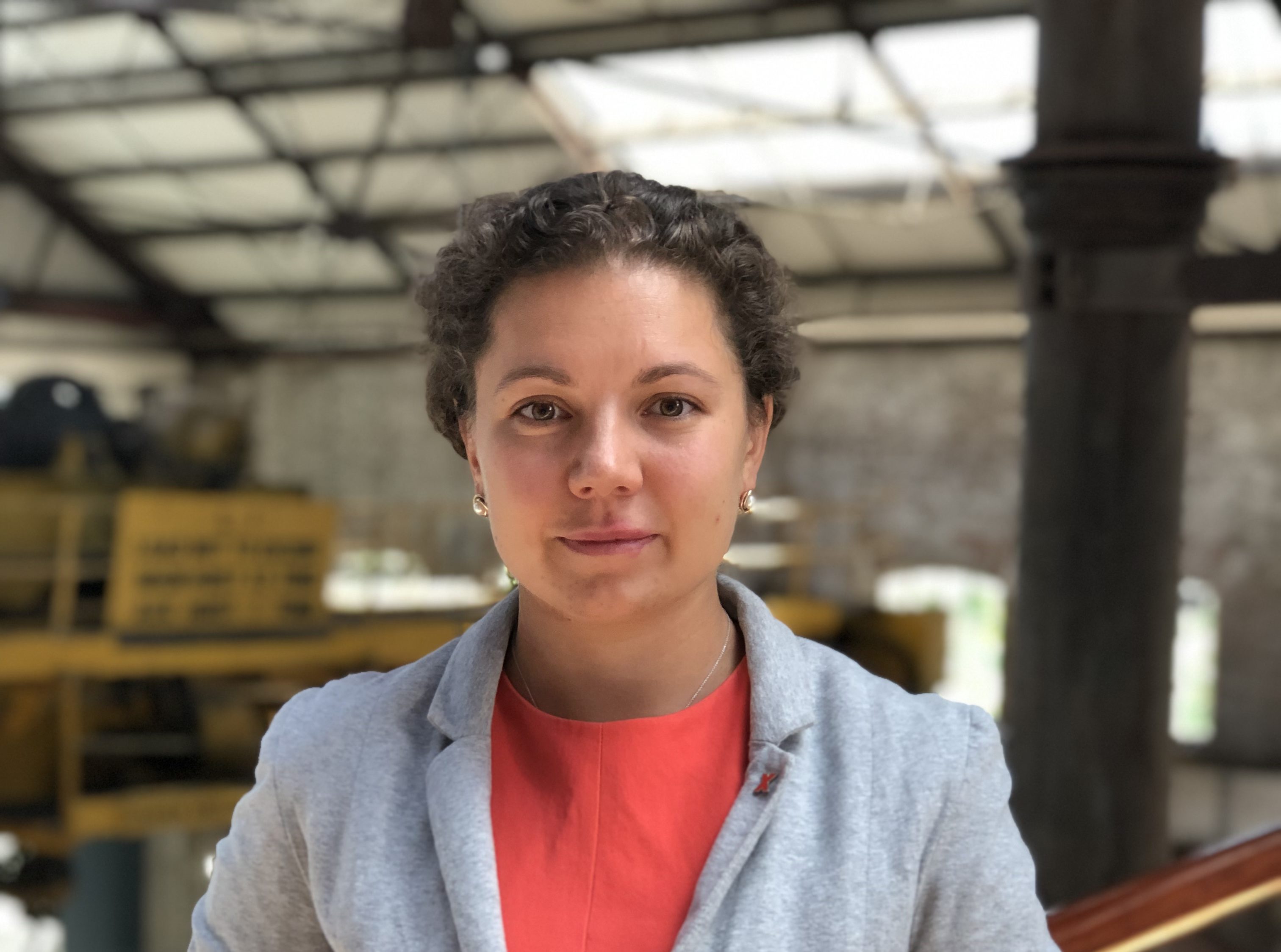Focused on cotton and grain production, FluroSat’s flagship product FluroSense uses hyperspectral imaging to predict disease and support better crop health decision making.
Agronomic data analytics company FluroSat has raised $3.2 million in funding led by Microsoft’s venture fund, M12, which focuses on investments in big data, hardware, and software. This is one of M12’s first agri-foodtech investments.
FluroSat’s flagship product FluroSense uses a combination of spectral imaging and agronomic modeling to predict disease and support better crop health decision making.”
Costanoa Ventures, Space Capital, Artesian/GRDC GrainInnovate Fund, Artesian Clean Energy Seed Fund, and existing investors CSIRO’s Main Sequence Ventures, AirTree Ventures and muru-D also participated in the round.
This brings the Australian startup’s total funding to $8.6 million after it closed a A$1 million seed round in 2017.
“Computational agriculture will help the world feed 10 billion people in the decades to come,” Samir Kumar, managing director at M12, said in a statement announcing the funding. “FluroSat’s machine learning-powered FluroSense platform empowers agronomists with actionable insights so they can scale helping more farmers make the right decisions for the first time.”
M12 backs companies at Series A through to Series C funding stages and offers unique access to strategic go-to-market resources and relationships around the world. It has made a diverse array of investments across multiple industries. This is not its first foray in the foodtech space. It’s also invested in Pod Foods Co, a startup aiming to change the way food reaches grocery store shelves with digitized supply chain logistics and drone software developer AirMap.
FluroSat provides crop health solutions to growers including early, accurate, and actionable information about farm performance and plant nutrition. It’s flagship product, FluroSense, currently provides solutions to more than 1,000 growers in eight countries with 10.8 million hectares of land in its customer base. FluroSat has secured a number of partnerships to aid its mission including Landmark, Nufarm, MicaSense, TerrAvion, and Iteris.
FluroSat customers pay a fee per hectare, which includes drone and satellite imagery. If aerial imagery is necessary, there may be an additional charge. Growers using the platform FluroSense can also become more efficient in their fertilizer applications, reducing fertilizer use by 30%.
The platform shows nitrogen maps and suggests exact locations for agronomists to take tissue samples. They then enter the results into the platform to further calibrate fertilizer recommendations. The fertilizer prescription maps that result can be integrated with other farm management software platforms in order to incorporate historical data.
Last year, FluroSat acquired GrainGrowers’ digital agriculture platform ProductionWise, which is an SaaS product that GrainGrowers spent a decade developing. The combination of ProductionWise and FluroSense now gives FluroSat’s customers access to enhanced resources and functionality including reliable agronomic decision support, tailored recommendations at a sub-field level, and the ability to focus the agronomist’s attention on emerging issues spotted in the field.
Overcoming Big Data’s Challenges in Agriculture
The precision agriculture space is brimming with startups offering growers similar promises, including better insights, actionable data, and the ability to yield more crop with fewer inputs. In reality, however, some suggest that growers and their agronomists are “drowning in data,” as FluroSat CEO Anastasia Volkova recently wrote on AFN. As a result, she tends to see farmers focusing on adopting a handful of digital solutions or just avoiding them altogether until the pathway to adoption becomes clearer.
She also identified three key issues for Australia’s growers:
- Disjointed nature of datasets locked into various platforms preventing effective contextualization of agricultural data
- Time-consuming low-level data viewing, analysis, and interpretation preventing the use of data for agronomic insights and recommendations
- The disconnect between the proven crop science and modern enterprise-scale farming
To address some of these challenges, FluroSat and industry partners Agworld, PCT Agcloud, CSIRO, and AgLink Australia, recently secured a CRC-P project grant to support and build an interoperable agronomic analytics engine that aims to be the first of its kind working collaboratively to resolve the above-mentioned problems.
Built as an extension of the FluroSat’s FluroSense platform, the engine will combine locally- and remotely-sourced agricultural data to detect crop stress and generate nutrient and chemical application recommendations tailored to each farm’s unique cropping history, operations, soil and climatic conditions.
To learn more about the project, click here.





